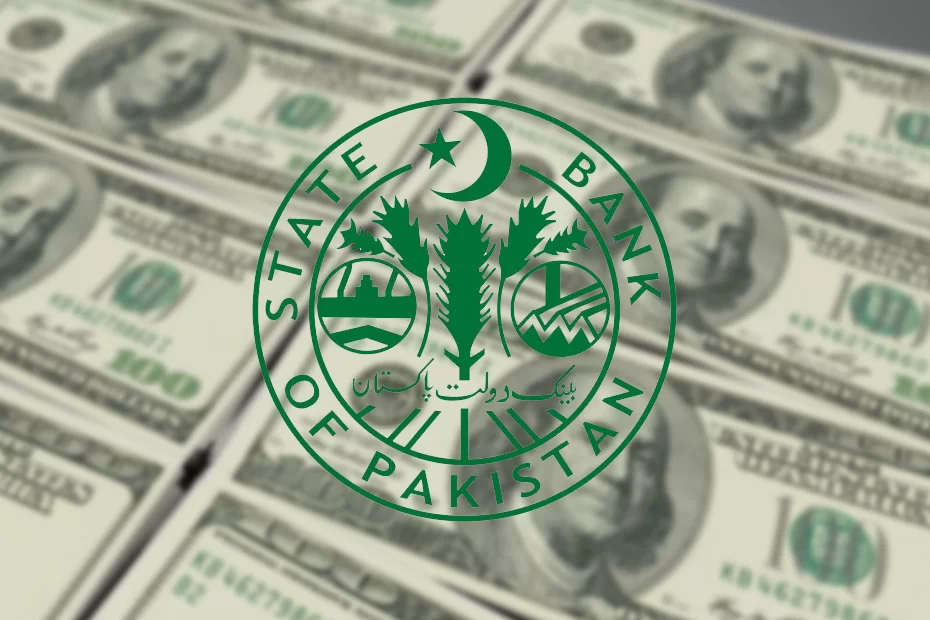As Pakistan struggles with a severe economic crisis and works to revive the International Monetary Fund’s (IMF) bailout program to stave off an impending debt default, the State Bank of Pakistan’s (SBP) foreign exchange reserves hit a record low of $3.7 billion.
In a statement, the SBP stated that as of January 20, its reserves had decreased to $3,678.4 million due to external debt repayments. As a result, the SBP’s reserves will no longer be able to cover one month’s worth of imports but just 0.73 months.
The central bank’s statement noted that the net foreign reserves held by commercial banks also decreased to $5,774.8 million, bringing the total liquid foreign reserves to $9,453.2 million.
Despite assurances from friendly countries, inflows have essentially stopped due to the lenders’ apparent reluctance to release money before Pakistan completes the IMF’s stalled program.
The coalition government had asked the Fund to send a delegation to try and restart the ninth Extended Fund Facility review.
Esther Pérez Ruiz, the IMF’s resident representative in Pakistan, announced that an actual IMF mission would visit Islamabad from January 31 to February 9 to carry on the conversation under the ninth EFF review.
“The mission will concentrate on policies to restore domestic and external sustainability, including strengthening the fiscal position with long-lasting, high-quality measures while assisting the vulnerable and flood victims; restoring the viability of the power sector and reversing the ongoing accumulation of circular debt; and re-establishing the proper functioning of the FX market, allowing the exchange rate to resolve the FX shortage. “.
SBP Governor Jameel Ahmad stated last Wednesday that he anticipates FX inflows will start “next week.” However, despite the claims, no funds have been received, except for an Abu Dhabi Fund for Development rollover of $2 billion.
Financial experts have urged the government to finish the IMF program to open the door for more funding because they fear that delaying the program’s revival could have disastrous consequences for the country’s struggling economy.






